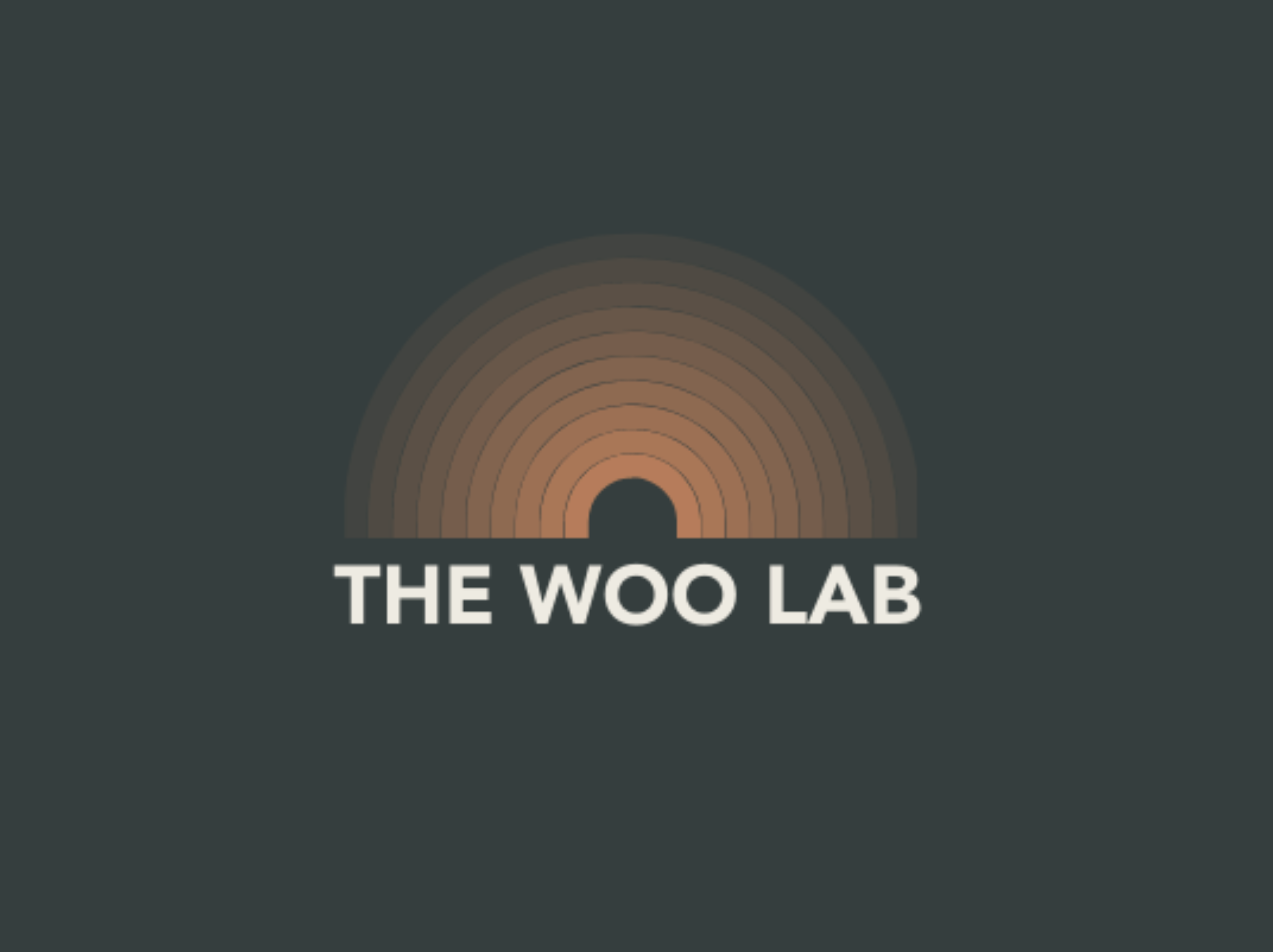The Woo Lab Podcast launches its first season Tuesday April 19
With growing religious ambiguity–1-in-5 adults practice ‘nothing in particular –the show explores new intersections of science and spirituality
- Hosted by researchers and longtime friends, The Woo Lab Podcast launches April 19
- The first twelve episodes include theories of consciousness, toxic gurus in modern media, and a three-part dream series that deepens perspectives on lucid dreaming
“As both scientifically-minded and spiritually curious people, we’re disappointed by our options,” says Chelsea, “spirituality podcasts often stick to a specific belief system or ‘guru.’ But today, when science and psychology are bringing new information to the seen and the unseen, there’s growing room for broader and more critical thinking.”
And spiritual ambiguity is trending. A December 2021 Pew Research Center Study revealed that “self-identified Christians make up 63% of the U.S. population in 2021, down from 75% a decade ago.” One-in-five adults now describe their religion as ‘nothing in particular.’
“People want to explore big questions beyond the constraints of religion,” says Mishaun. “Especially with mindfulness popularizing in the wake of Covid, we hope to make room for these kinds of conversations.”
Across their first twelve episodes, the team brings scientific and psychological research to the forefront of conversations where they’re not always included. For example, in their three-part Mind/Body/Spirit series, they look at Gestalt Psychology as a construct of identity alongside yoga theories, and modern neuroscience.
“We try to keep it light,” says Mishaun. “We’re not doctors or psychologists; we’re researchers, and that’s the whole point. Because everyone has to start somewhere.
Our mission is to make ‘woo-curious’ people feel comfortable and empowered to research and explore their beliefs for themselves.”

